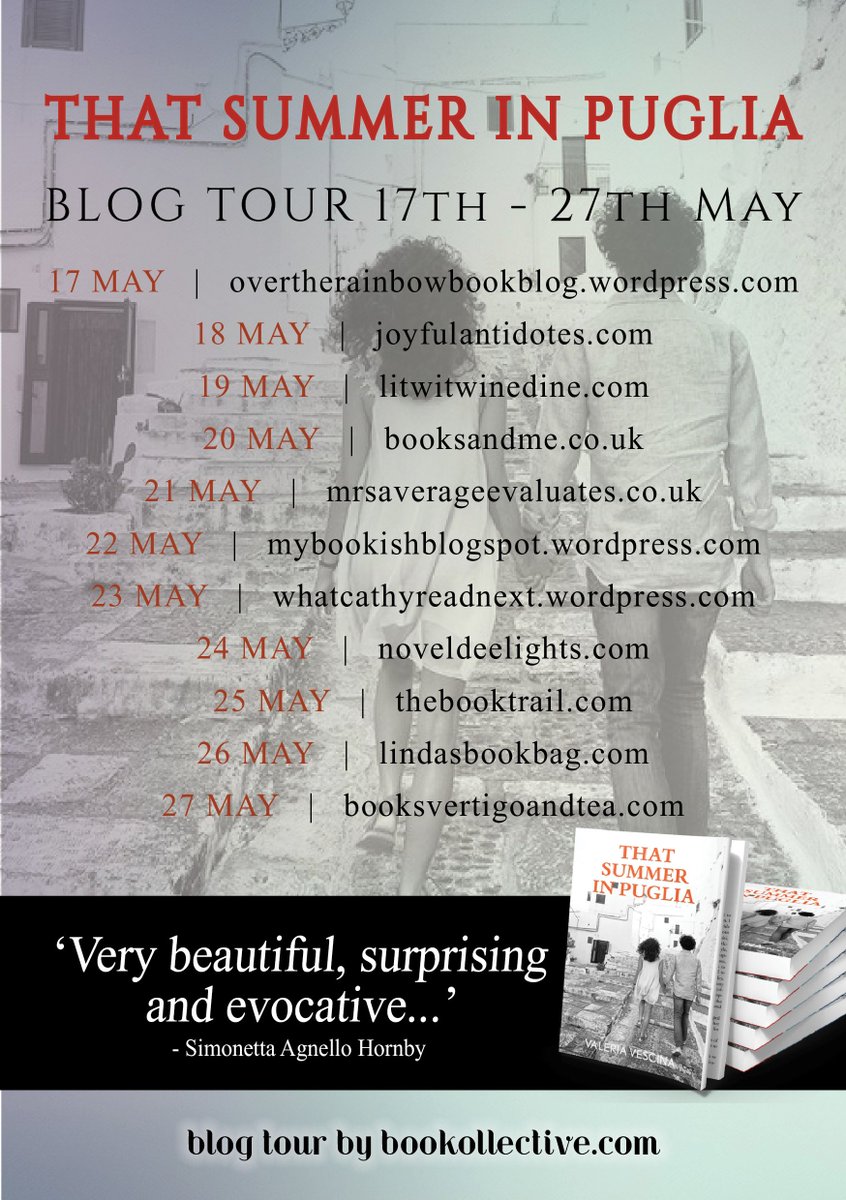
Welcome to my spot on the blogtour for The Man Who Lived Twice. I am delighted to be sharing a guest post by the author, entitled, Strange Encounters, but first here is a little bit about David’s novel.
The Man Who Lived Twice by David Taylor Matador October 31st 2017
The Man Who Lived Twice tells the remarkable story of a nineteenth century British anti-hero. Colonel George St Leger Grenfell was the black sheep in one of Cornwall s most illustrious families. His wild speculations in Paris bankrupted his father and drove his brothers and sisters out of their home. Wanted for fraud in France and mosque desecration in Morocco, Grenfell became a soldier of fortune, a mercenary who fought in innumerable campaigns all over the world, always with conspicuous gallantry. He charged with the Light Brigade at Balaclava, defended the bullet-strewn barricades in the Indian Mutiny, hacked his way through the Chinese Opium War and helped Garibaldi to liberate Italy. Sailing to America to fight in their Civil War, Ole St Lege became a legend to the gullible hillbillies under his command.
As massive armies collided and one hair-raising cavalry charge followed another, this complex man fell in love with a beautiful spy and came to realise that he could no longer run away from his past. In what was to become a spiritual odyssey, Grenfell met the men and women who made, marred and mythologised the American century: the business tycoons and social reformers as well as the Lincoln conspirators and back-shooting gunslingers. Although seemingly indestructible – in one military skirmish he was shot eleven times without serious injury – Grenfell had to endure long years in prison before his luck finally changed. The Man Who Lived Twice describes a personal search for redemption set against the emergence of the United States as a world power.
GUEST POST: STRANGE ENCOUNTERS
Life is full of strange encounters. The year is 1846 and a French hunting party has arrived in Morocco in search of adventure. Their principal target is the Barbary lion that roams through the deserts and mountains of northern Africa and is greatly admired for its size and dark mane. The same cannot be said for the appearance of the Frenchmen. They are attired in forage caps, starched shirts, long jackets, goatskin trousers and carry knapsacks and shotguns. They are led by a portly, affable gentleman with a wild head of hair who cannot stop talking, mainly about himself. Alexandre Dumas sees no reason to be modest. His novels are selling all over the world and he is making a great deal of money out of them.
Showing due respect for his literary eminence, the British Consul has promised Dumas the services of an experienced big game hunter to take charge of the expedition. Waiting for him in the stifling heat of the Grand Socco, Tangier’s principal market-place, Dumas begins to perspire and becomes agitated. What is keeping the fellow? Mon Dieu! This cannot be him! Sauntering towards the French party is a tanned, bearded man wearing a loose shirt, a pair of calf-length drawers and a curious kind of overshoe. He is hatless in the hot African sun and his legs are bare.
‘Hello,’ says this bizarre apparition. ‘I’m your guide. The name is George St Leger Grenfell, acting vice-consul.’
But do you know anything about lion hunting?’ Dumas asks.
‘My dear chap, of course I do. Bagged a few big cats in my time.’
‘Well, you don’t look the part,’ Dumas persists.
‘Neither do you, if you don’t mind me saying.’
France’s greatest living novelist is not prepared to yield to an English eccentric. ‘At least we French know better than to go out in the midday sun without some kind of head covering. Why are you dressed like that?’
‘I’m doing what the natives do,’ Grenfell replies. ‘In this country Arabs go barelegged and Negroes bareheaded. It’s much more comfortable this way.’
‘I can’t see any Arabs following your example in this souk. Now why would that be?’
‘Because they are not philosophers. I am a disciple of Diogenes.’
For once, a sweating Dumas is silenced as his guide talks enthusiastically about the Greek cynic who, having discarded all his possessions apart from a wooden drinking bowl, threw it away when he saw a peasant boy gulping water from the hollow of his hands. ‘The bowl was superfluous, you see. He who travels lightly, travels well.’
Dumas mobs his brow and begins to laugh. ‘If you hunt like you talk we will get on well together, my friend. Let us share a bottle of wine.’
This is all that history records of their first meeting but they obviously hit it off together. Dumas later called Grenfell one of the most agreeable men he’d ever met and a splendid hunting companion who ‘knew the country to a marvel and in all its details.’ As a memento of their time together, he gave Grenfell a copy of his latest book, The Count of Monte Cristo.
To learn the significance of this encounter we need to fast-forward twenty years to another hot and arid place in the Gulf of Mexico, a military parade ground in Fort Jefferson where a prisoner is trying to grow vegetables in the island’s thin coral sand. The gardener is dressed in a worn grey uniform with a conically pointed straw hat perched on his head, a look you might think of a down-at-heel Southern planter or a scarecrow. He is Colonel George St Leger Grenfell, late of Morgan’s Raiders and Jeb Stuart’s Cavalry Division, serving a life sentence for trying to release Confederate soldiers from a prisoner-of-war camp in Chicago. A man of infinite resource but no fixed purpose who had fought in wars all over the world with the wounds to prove it, along with the mental scars derived from being a wanted criminal disowned by his family.
In a prison letter, Grenfell claimed to have turned his sword into a shovel and rake and to have made himself lord of the gardening tools. But he didn’t seem happy about it, venting his anger on his garden by roasting the seed he’d been given to plant and sprinkling sea water on his growing vegetables. Grenfell did a lot of digging but, according to eye witnesses, the garden was never productive. Which makes one wonder what he was up to?
Questions were also asked two years later when Grenfell escaped from his island prison in a small boat. The official report stated he possessed a ‘considerable sum of money’ and had used it to bribe a sentinel into helping him. But where had the money come from? Prisoners were kept without cash. The report also concluded that Grenfell had drowned at sea and, in 1869, he was officially declared dead, although there were later unconfirmed sightings of him in Cuba and on the American mainland.
History seldom tells a complete story. There are frequent gaps and silences. Gaps that a historical novelist is entitled to fill by using his imagination. We know Grenfell was given a copy of the Count of Monte Cristo which tells the classic story of Edmond Dantés, a wrongly imprisoned merchant sailor, who acquires a fortune and uses it to take revenge on those who had betrayed him. What if fact imitated fiction and Grenfell became a gardener in order to dig for buried treasure in the prison compound? That might account for the money he’d come by to bribe his way off the island. But how had the treasure got there in the first place? Isn’t this too far-fetched? No, not really, but you will have to read my novel The Man Who Lived Twice to find out why.
I would like to thank Matador and Random Things Tours for inviting My Bookish Blogspot to participate in the blogtour.
About the author

I came to write novels in a roundabout kind of way. After a career in print, radio and television journalism which took in writing for the Guardian, reporting for Panorama, presenting World in Action and running BBC Features, I set up an independent company to make current affairs and adventure programming. By then, I had written my first book, ‘Web of Corruption’, a factual account of the Poulson scandal. Now, at last, I had time to pursue one of my hobbies, sixteenth century cryptography and one day in Lambeth Palace Library I came across a complex number code that had never been deciphered. It appeared in a report written by a master spy called Anthony Standen. Well, I managed to crack Standen’s code and was rewarded with juicy details of Queen Elizabeth’s love affair with the Earl of Essex. Better yet, the cipher created a trail that led all the way to William Shakespeare. Initial thoughts of a factual publication were shattered by the thought that anything linking Shakespeare to cipher would be laughed out of court and so I turned to fiction writing. I had never written a novel and found it hard going. It required a different skill set to journalism. You have to construct a novel rather like an engineering project while thinking in terms of crisis, climax and resolution. But in the process of learning this strange art, I was bitten by the writing bug.
Hence, ‘The Man Who Lived Twice’ in which the central character is a courageous but deeply flawed nineteenth century Cornish mercenary who fought in wars on four different continents. George St Leger Grenfell helped the Moors bombard the French in Tangier, engaged in a private war against the Riff pirates on the Barbary Coast, joined the Turkish Army but still managed to charge with the Light Brigade in the Crimea, defended the bullet-strewn barricades in the Indian Mutiny, hacked his way through the Opium War in China and joined Garibaldi in liberating Italy, before voyaging to America to enlist in the Confederate Army where he became the highest ranked British officer in their Civil War. And all this from a man who had been disowned by his family after bankrupting his father and committing fraud in France and mosque desecration in Morocco.
You might imagine that I found this perfect anti-hero in Penzance, where his family of tin smelters and bankers had an estate, but that wasn’t the case. I discovered Grenfell four thousand miles away while snorkelling with my wife in the Gulf of Mexico. Our search for tropical fish and sponges took us to a coral atoll called Garden Key which consisted almost entirely of a huge brick fortress. Fort Jefferson had never served a military purpose but it did become a prison at the end of the American Civil War. So we found ourselves in a damp cell being lectured on the Lincoln conspirators who had been incarcerated there. We heard all about Dr Samuel Mudd, the country doctor who had had the misfortune of setting John Wilkes Booth’s broken leg hours after he’d assassinated President Lincoln. Mudd, it transpired, had been something of a hero in Fort Jefferson, nursing the garrison through a yellow fever epidemic after their surgeon died. He had been helped in this charitable work, we were told, by a cellmate, an English spy called Grenfell. Now that captured my attention, particularly when I discovered that he came from my own county of Cornwall. The writing duly followed.
Discover what my fellow bloggers thought about The Man Who Lived Twice by following the blogtour.






























